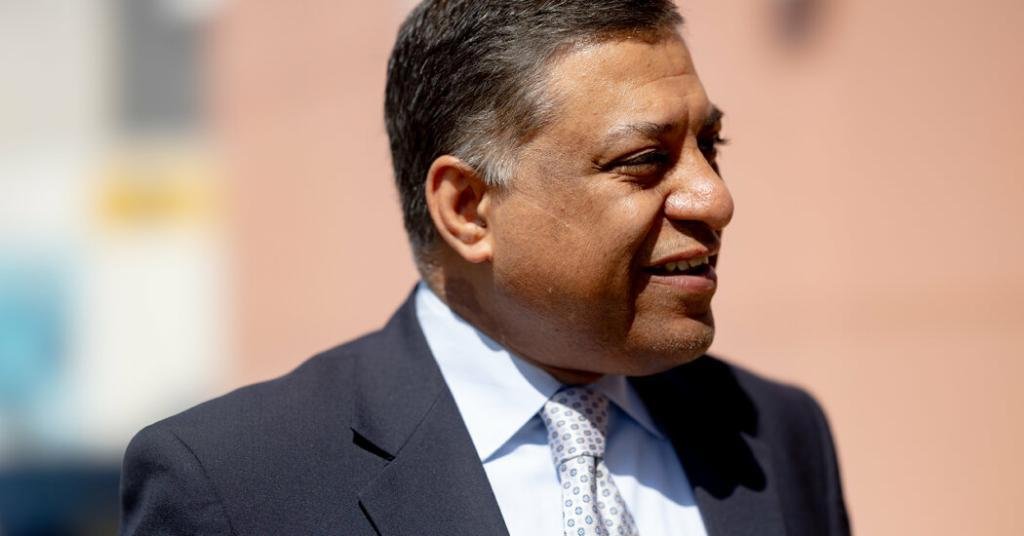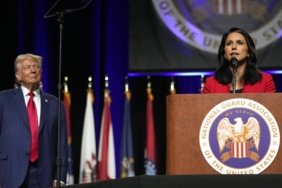The Biden administration suspended the annual US payment to the World Anti-Doping Agency (WADA) after Chinese elite swimmers were not penalised despite the detection of banned substances in doping tests. The White House has reportedly pushed the agency to increase its standards of transparency and accountability.
More Audit Demand to WADA
Led by Dr Rahul Gupta, Director of the White House Office of Drug Control Policy, the US administration is demanding that WADA undergo a comprehensive external audit of its operations. It also wants restrictions on the agency’s use of American taxpayer funds in lawsuits against US organisations.
WADA had previously brought a defamation action against the American antidoping authorities, which had provoked a reaction from the United States.
WADA’s Defence and Criticisms
WADA rejected allegations of mishandling of positive doping tests, describing US criticism as “politically motivated”. A WADA spokesperson stated that there is no provision in the agency’s governance model that allows any country to unilaterally stop payment on its own terms.
US-China Tensions and the Future of WADA
The US stance increased political pressure on WADA, while China’s role in doping cases became a subject of international debate. This step by the White House reveals that the US aims to force the agency to reform. However, it is stated that if the Biden administration does not pay WADA, the likelihood of the money being sent may be further reduced with the inauguration of President-elect Donald Trump.
In the past, the Trump administration has taken a tougher stance against WADA and criticised China’s handling of doping issues.
Potential Impacts
This tension may affect not only US-WADA relations but also the functioning of international sports organisations. While WADA’s credibility in the fight against doping, especially in major events such as the Olympics, is being questioned, it remains unclear whether this US-led move will lead to radical changes in the agency’s policies.
The US suspension of its annual contribution could have a serious impact on the agency’s budget and strengthen calls for greater independence for WADA.







